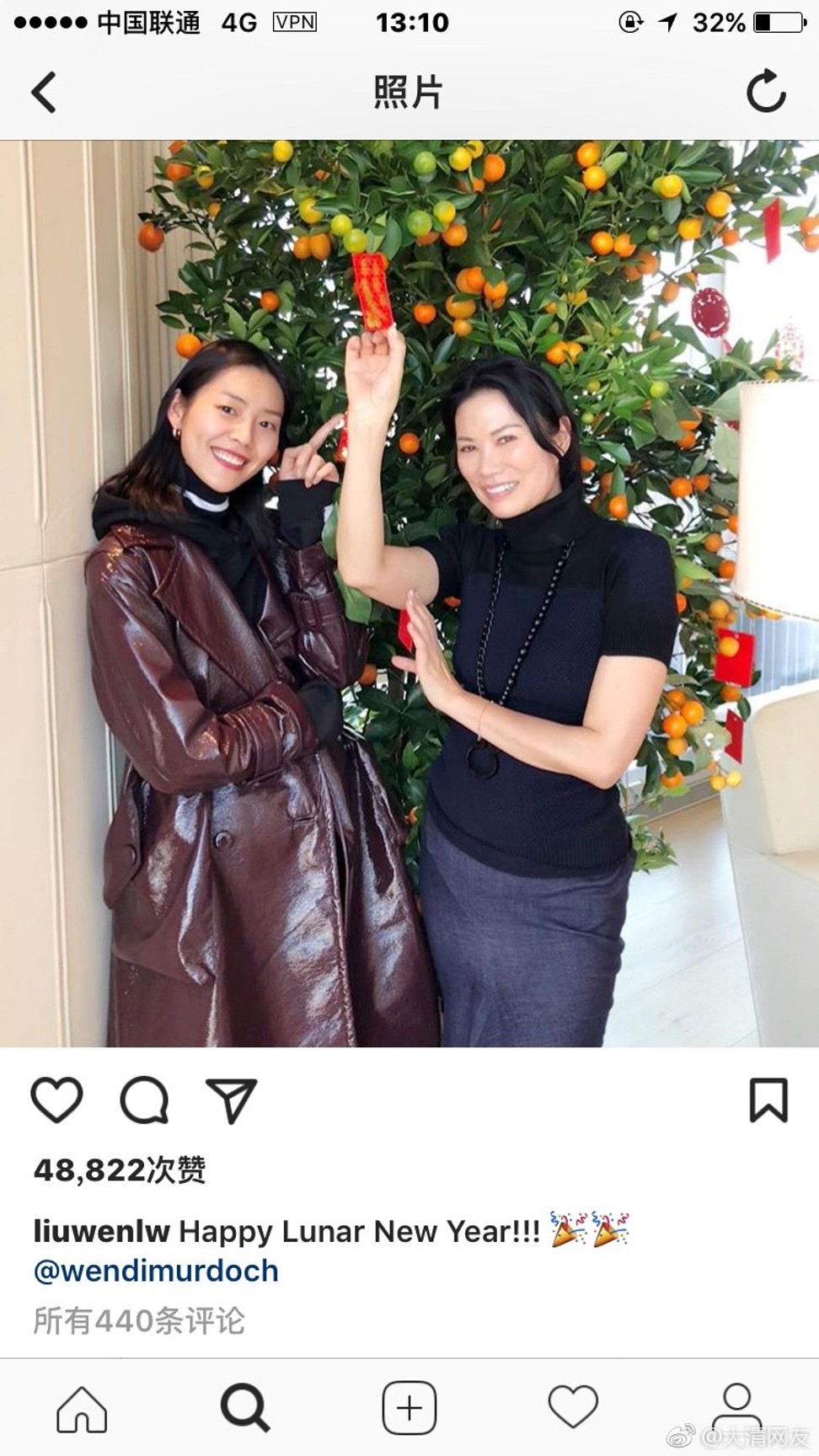
Amid Chinese supermodel storm, why Lunar New Year isn’t right choice if you want to be inclusive
After being blasted for her Instagram post, Liu Wen quickly changed the message to ‘Happy Chinese New Year’. Perhaps it’s time to coin a term that speaks to all ethnicities who celebrate the festival
Supermodel Liu Wen recently faced a barrage of online abuse for using the term “Lunar New Year” in an Instagram post. The foaming-at-the-mouth vitriol of Chinese jingoists and their violent threats have cowed many, including retailers and university professors outside China, and Liu is no exception. She quickly changed her message to “Happy Chinese New Year”.
Increasingly, the phrase “Lunar New Year” is used instead of “Chinese New Year” outside China (and even within China, including in the South China Morning Post) because the festival is celebrated not only by the Chinese but also by Koreans, Vietnamese, Mongolians and so on.

Perhaps a new term could be coined that makes everybody happy – “Happy Traditional New Year”, “Happy New Year of the [add zodiac animal of the year]”, maybe even “Happy Lunisolar New Year”.
Or we could use the native terms for each ethnic group, wishing the Chinese a “Happy Xinnian [or Chunjie]”, the Koreans a “Happy Seollal” and the Vietnamese “Happy Tet”, just as English speakers the world over say “Happy Diwali”, “Happy Hanukkah” and “Happy Eid”.

